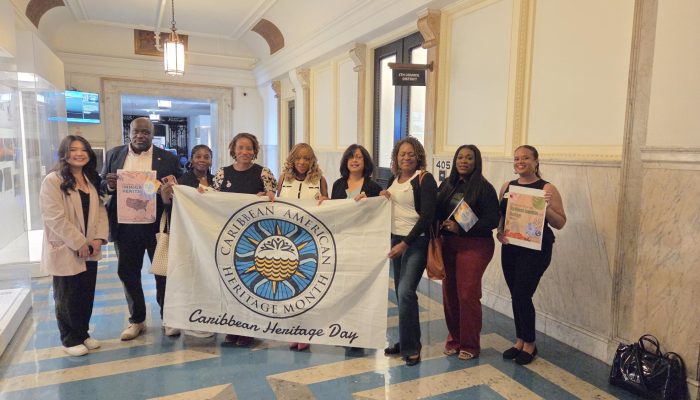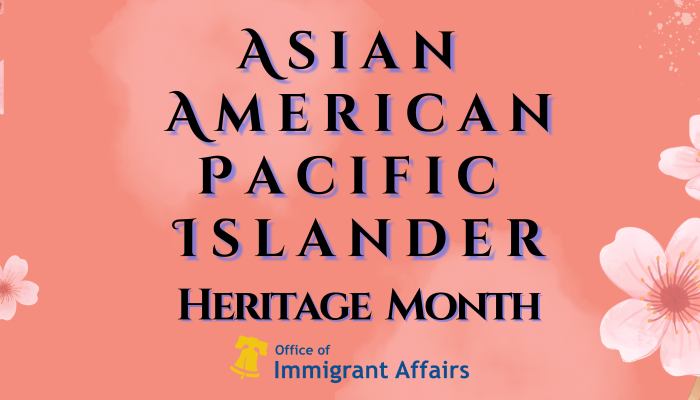This post was written by guest blogger Dr. Ali B. Ali-Dinar, Senior Lecturer at the Department of Africana Studies at the University of Pennsylvania
Driven by its proximity to New York, Philadelphia has become one of the major cities with a sizable number of Sudanese immigrants. Based upon the cultural and ethnic diversity of Sudan, Philadelphia has become a melting pot for all the Sudanese who strive to live in harmony with each other as one community and celebrating their diversity.
The first Sudanese community organization was established in early 1990s and its main goal was creating programs that bring the community together via participation in several social and cultural events. With the steady increase in the arrival of Sudanese immigrants, the community has grown in different clusters within the city. They are settled between West Philadelphia, Northeast Philadelphia, and Upper Darby. In order to preserve its traditions, the Sudanese community created weekend schools for K-12 children for instruction in Arabic language, Sudanese culture, and religion. Alongside these schools, there were established small cultural centers and political organizations.
In 2001, during the first celebration of African Immigrants Experience in Philadelphia hosted by the Balch Institute of Ethnic Studies, the Sudanese community was well represented —and its’ leaders at the time, joined other African leaders in forming what has now become the Coalition of African and Caribbean Communities (AFRICOM). During the height of the Darfur crisis in Sudan, City officials participated in the campaign organized by the “Darfur Alert Coalition”, supporting the cause raised by the Sudanese American in Philadelphia: Councilmember Jannie Blackwell, Honorable Stanley Straughter, Chair of the Mayor’s Commission on African and Caribbean Affairs, and the Honorable Alan Butkovitz, former City Controller among others.
The Sudanese American Community Center serves as a hub for the activities of the Sudanese-American community of Greater Philadelphia.




